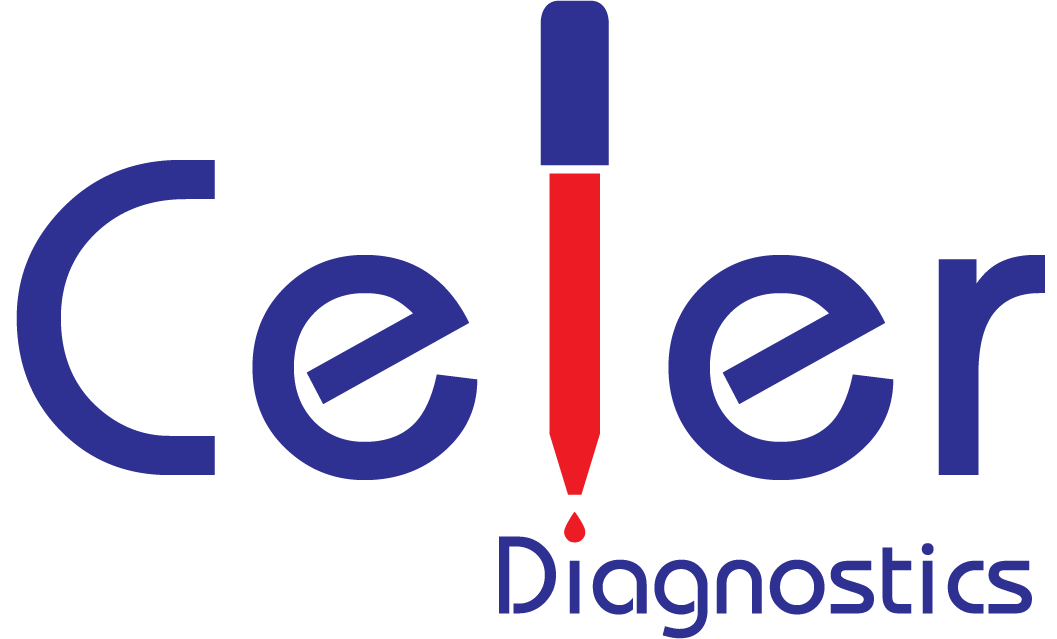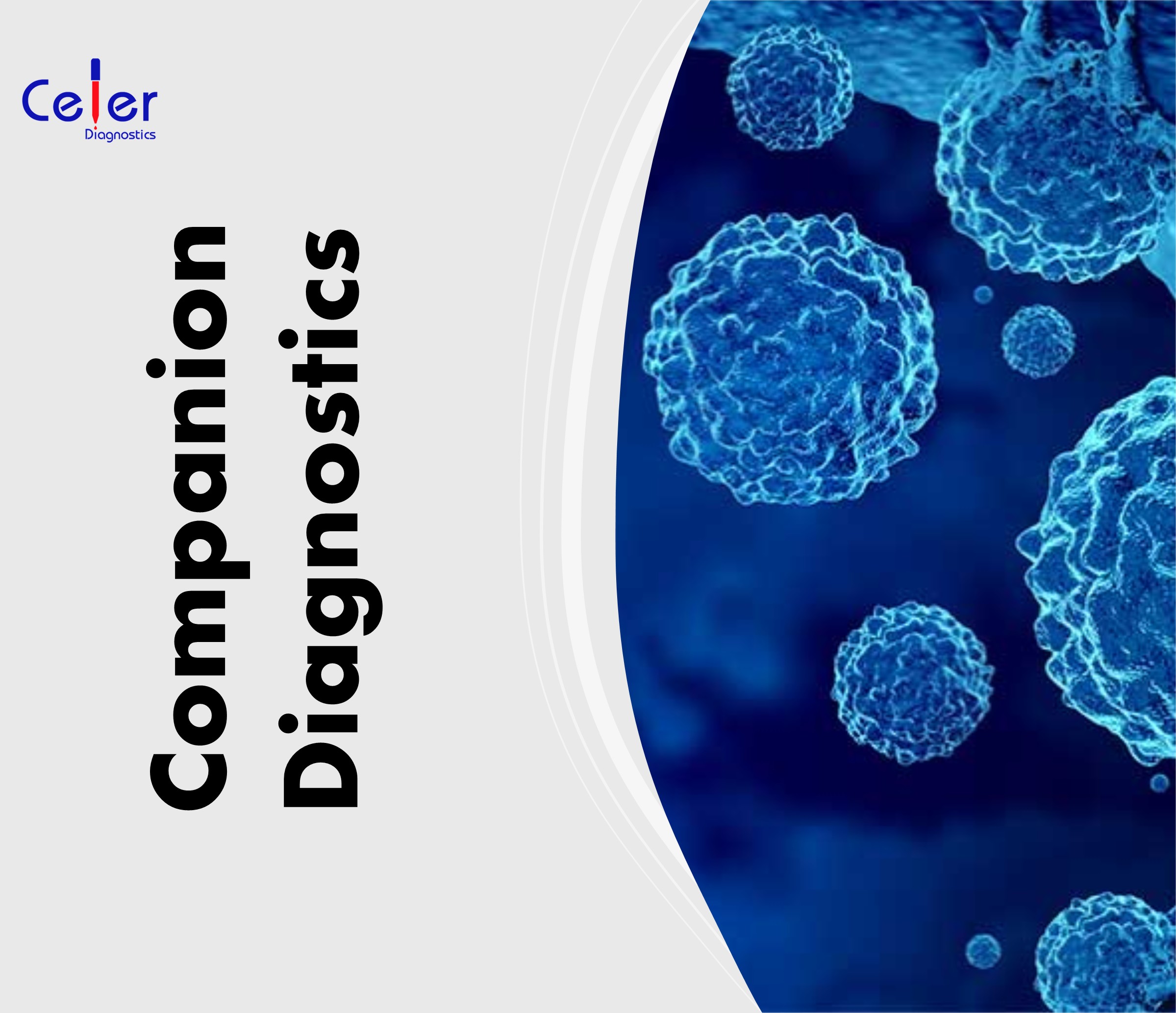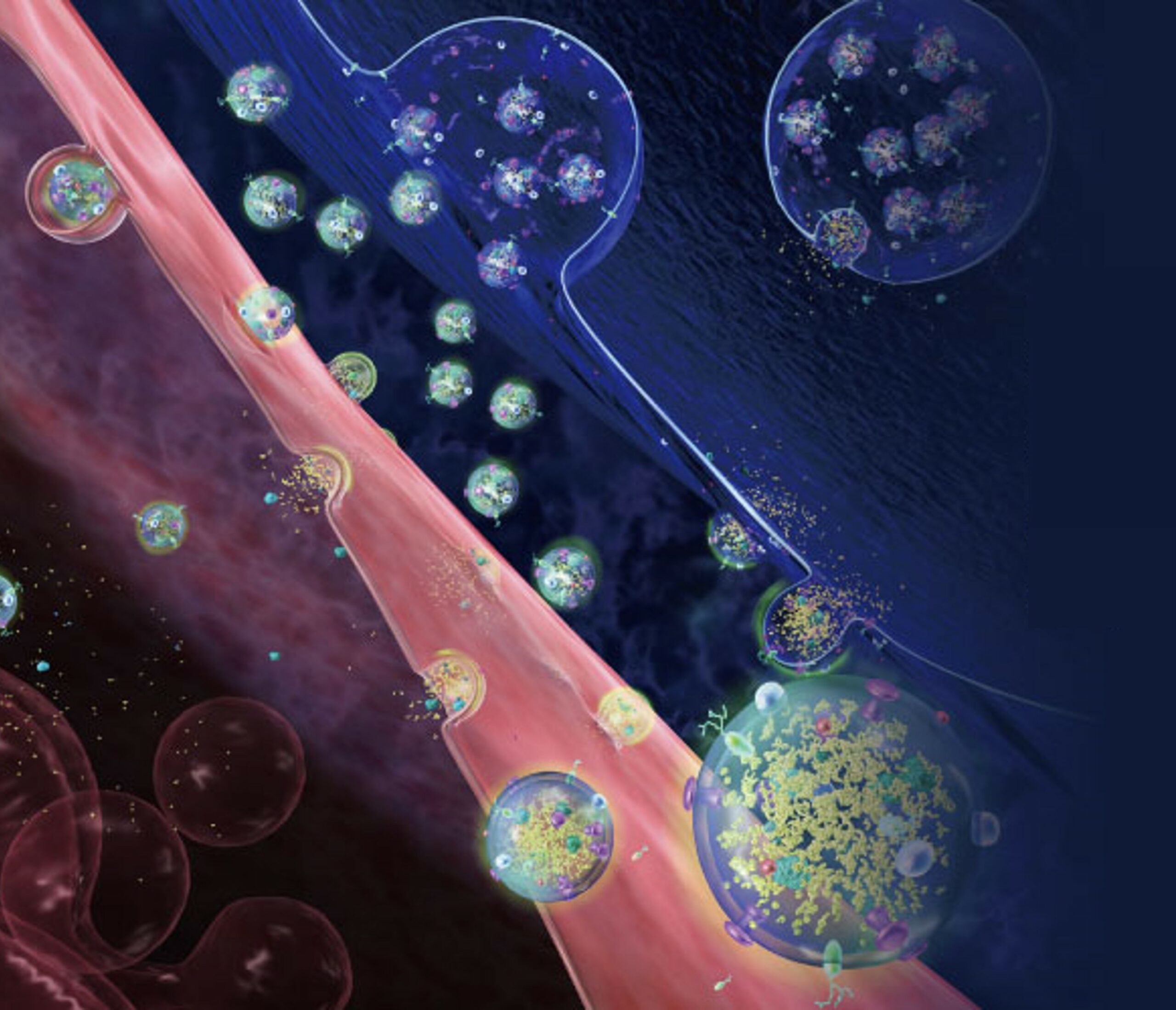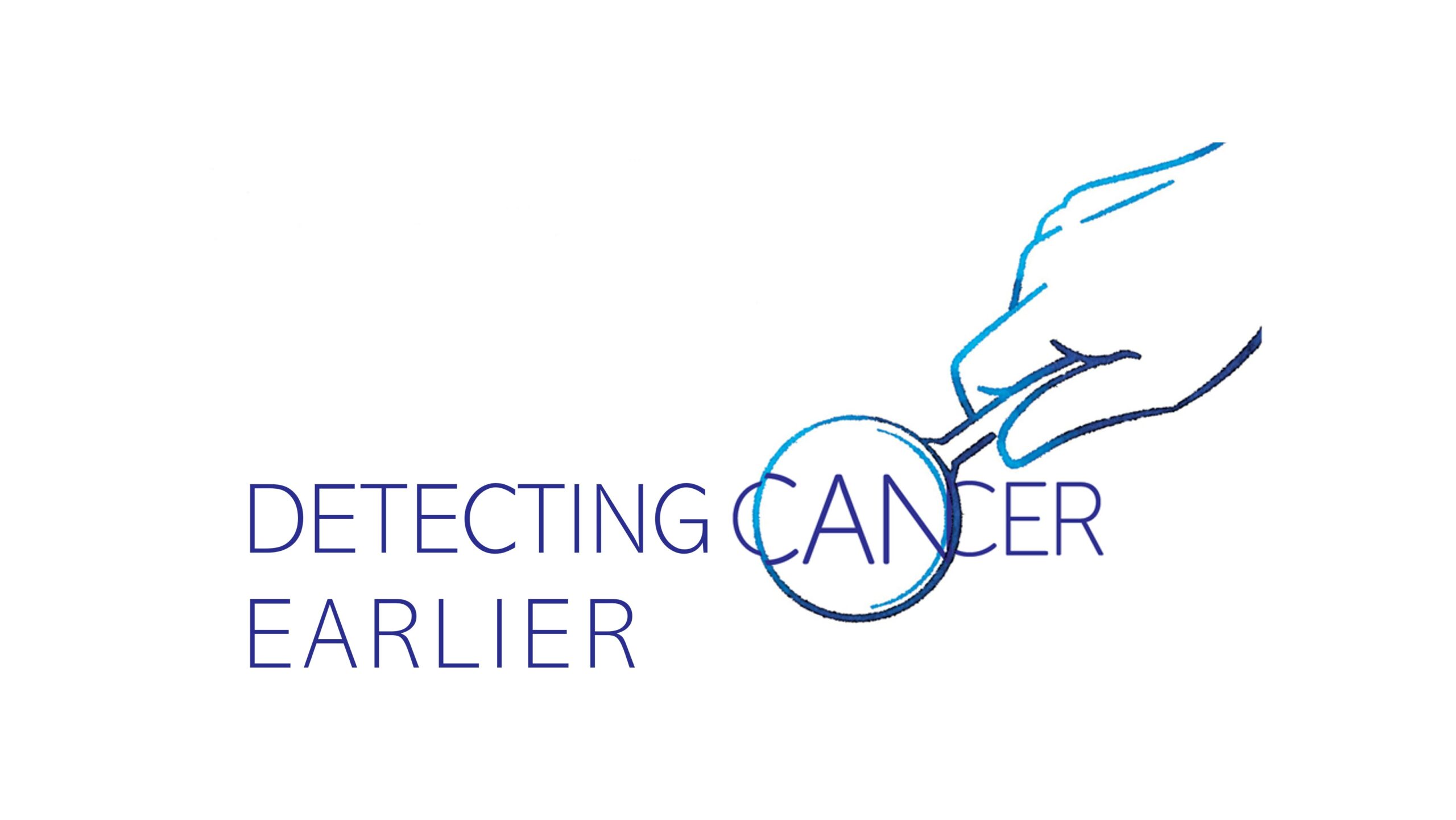Cancer is a group of diseases that involve abnormal cell growth and can affect different parts of the body. According to the World Health Organization, cancer is the second leading cause of death globally, accounting for about 10 million deaths in 2020. However, many types of cancer can be prevented or detected early, which can improve the chances of survival and quality of life. Here are some tips to reduce your risk of getting cancer:
- Avoid tobacco use. Tobacco use is the most preventable cause of cancer, as it contains many harmful chemicals that can damage your DNA and cause mutations. Tobacco use can cause cancers of the lung, mouth, throat, esophagus, stomach, pancreas, liver, kidney, bladder, cervix, and more. If you smoke, quit as soon as possible. If you don’t smoke, don’t start and avoid exposure to secondhand smoke.
- Eat a healthy diet. A balanced diet that includes plenty of fruits, vegetables, whole grains, and legumes can provide you with antioxidants, vitamins, minerals, and fiber that can protect your cells from damage and inflammation. Avoid or limit processed foods, red meat, salt, and sugar that can increase your risk of obesity and diabetes, which are linked to some cancers. Also limit your alcohol intake, as alcohol can increase your risk of cancers of the mouth, throat, esophagus, liver, breast, and colon.
- Be physically active. Physical activity can help you maintain a healthy weight and lower your risk of obesity and diabetes. It can also boost your immune system and reduce inflammation in your body. Aim for at least 150 minutes of moderate-intensity or 75 minutes of vigorous-intensity physical activity per week. You can also do muscle-strengthening exercises at least twice a week. Choose activities that you enjoy and fit into your daily routine.
- Protect yourself from the sun. Exposure to ultraviolet (UV) radiation from the sun or artificial sources such as tanning beds can damage your skin cells and cause skin cancer. To protect yourself from the sun, avoid going out during peak hours (10 a.m. to 4 p.m.), wear protective clothing such as hats, sunglasses, and long sleeves, apply sunscreen with at least SPF 15, and reapply every two hours or after swimming or sweating and avoid tanning beds and sunlamps.
- Get vaccinated. Some viruses and bacteria can cause infections that can lead to cancer or increase your risk of developing it. For example, human papillomavirus (HPV) can cause cervical cancer and other cancers of the genital area and head and neck. Hepatitis B virus (HBV) and hepatitis C virus (HCV) can cause liver cancer. Helicobacter pylori (H. pylori) can cause stomach cancer. You can get vaccinated against HPV, HBV, and H. pylori if you are eligible and recommended by your doctor.
- Get screened regularly. Screening tests can help detect cancer early when it is easier to treat and cure. Some common screening tests include mammograms for breast cancer, Pap tests for cervical cancer, colonoscopies for colorectal cancer, and low-dose CT scans for lung cancer. Talk to your doctor about which screening tests are appropriate for you based on your age, gender, family history, and personal risk factors.
By following these tips, you can reduce your risk of getting cancer and improve your overall health and well-being. Remember that prevention is better than cure and that you have the power to make positive changes in your lifestyle that can make a difference.
